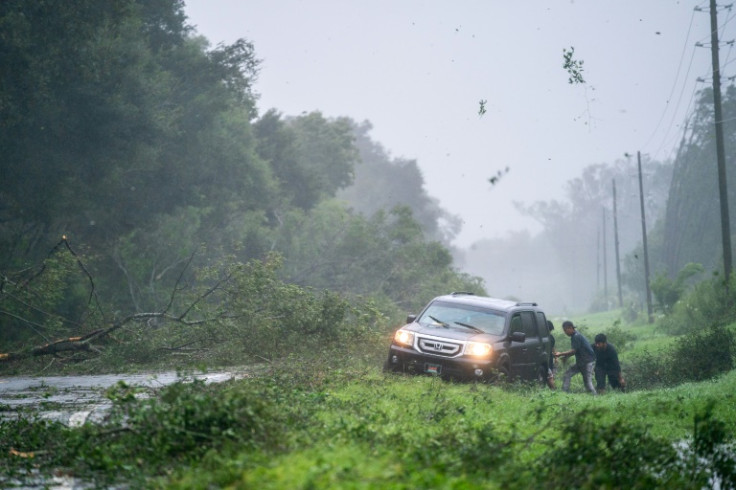
Deadly storms swept across Texas, Oklahoma, and Arkansas over the weekend, resulting in at least 18 deaths, hundreds of injuries and widespread destruction.
The most severe damage occurred in north of Dallas to northwest Arkansas, with the storm system threatening additional severe weather in the Midwest, according to Associated Press.
The weather forecasters believe the highest risk areas would extend from Alabama to near New York City by Monday.
In Indiana, severe storms caused delays to the start of the Indianapolis 500-Mile Race (Indy 500), which is the premier U.S. auto racing event traditionally held over the Memorial Day weekend.
In Cooke County in Texas, near the Oklahoma border, a tornado struck on Saturday night, killing seven people, including two children aged 2 and 5.
Texas Governor Greg Abbott confirmed that three family members died in a single home in this rural area.
The storm left about 100 people injured and destroyed over 200 homes and structures in Texas.
One of the most severely impacted areas was Valley View, where a truck stop was obliterated. Winds in this region reached an estimated 135 mph.
Governor Abbott said there was severe impact on Texas families and businesses, adding that their hopes and dreams have been "literally crushed" by the repeated storms.
Despite the extensive damage, no additional deaths or missing persons are expected in Texas, though final searches were being conducted.
In Arkansas, Governor Sarah Huckabee Sanders confirmed eight deaths, with two deaths not directly related to the storm, such as a heart attack and oxygen deprivation due to power loss. The other victims included a 26-year-old woman in Olvey and other individuals in Benton and Marion counties.
Oklahoma experienced two fatalities in Mayes County. Meanwhile, in Kentucky, a man died in Louisville after a tree fell on him during the storm.
The weekend storms storms add to a series of severe weather events in the central U.S. In Iowa, tornadoes resulted in five deaths and numerous injuries last week, contributing to one of the deadliest and most active tornado seasons on record.
April recorded the second-highest number of tornadoes in U.S. history, at a time when climate change contributes to the severity of storms around the world.
The National Weather Service (NWS) issued urgent warnings, urging residents to seek shelter as the storms advanced. "If you are in the path of this storm, take cover now!" the NWS office in Norman, Oklahoma, posted on X.
Meanwhile, the U.S. is gearing up for the start of the 2024 Atlantic hurricane season, which government forecasters have described as potentially "extraordinary." Beginning June 1, the season is expected to see heightened activity, with predictions indicating an above-average number of storms.




